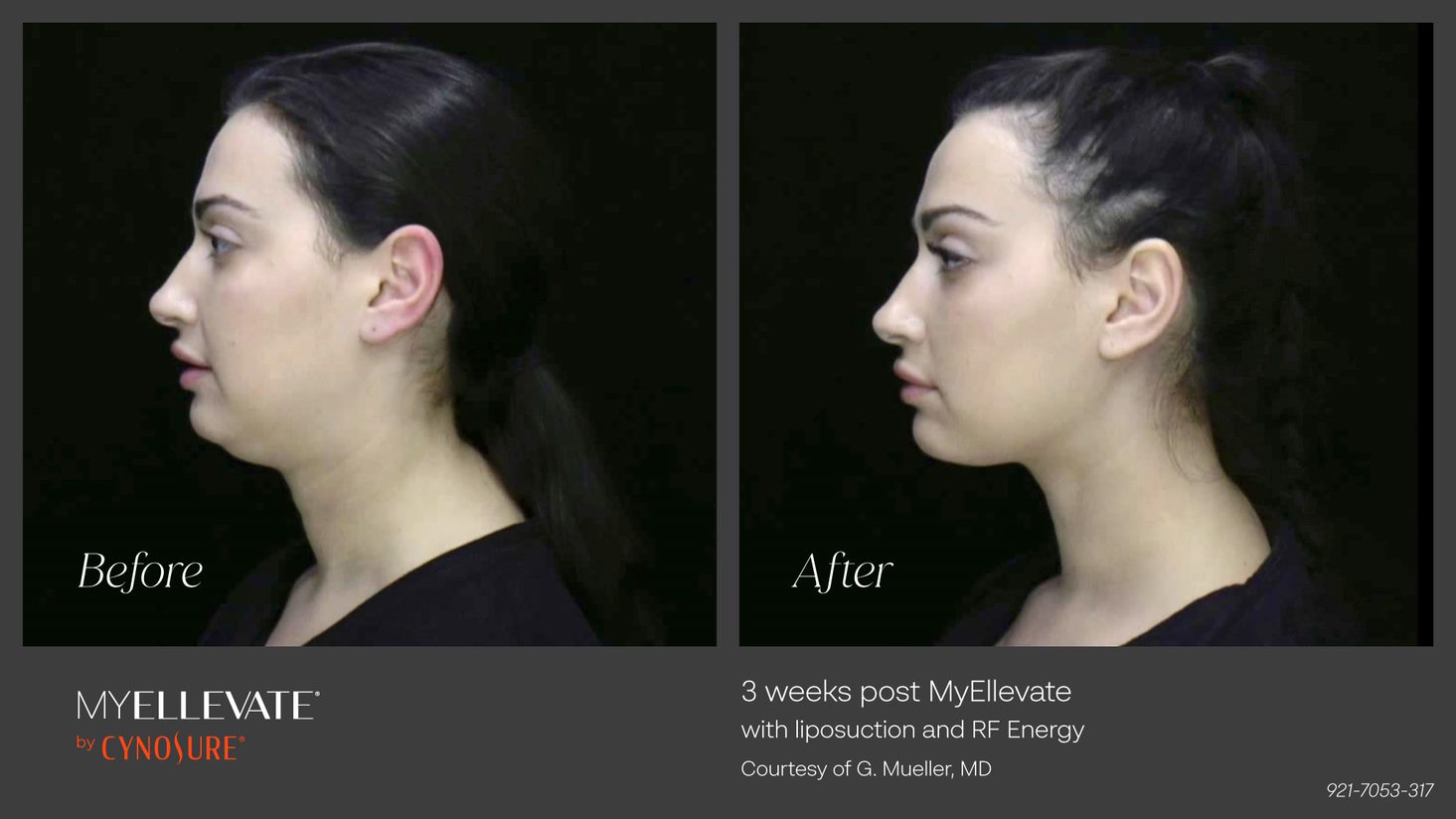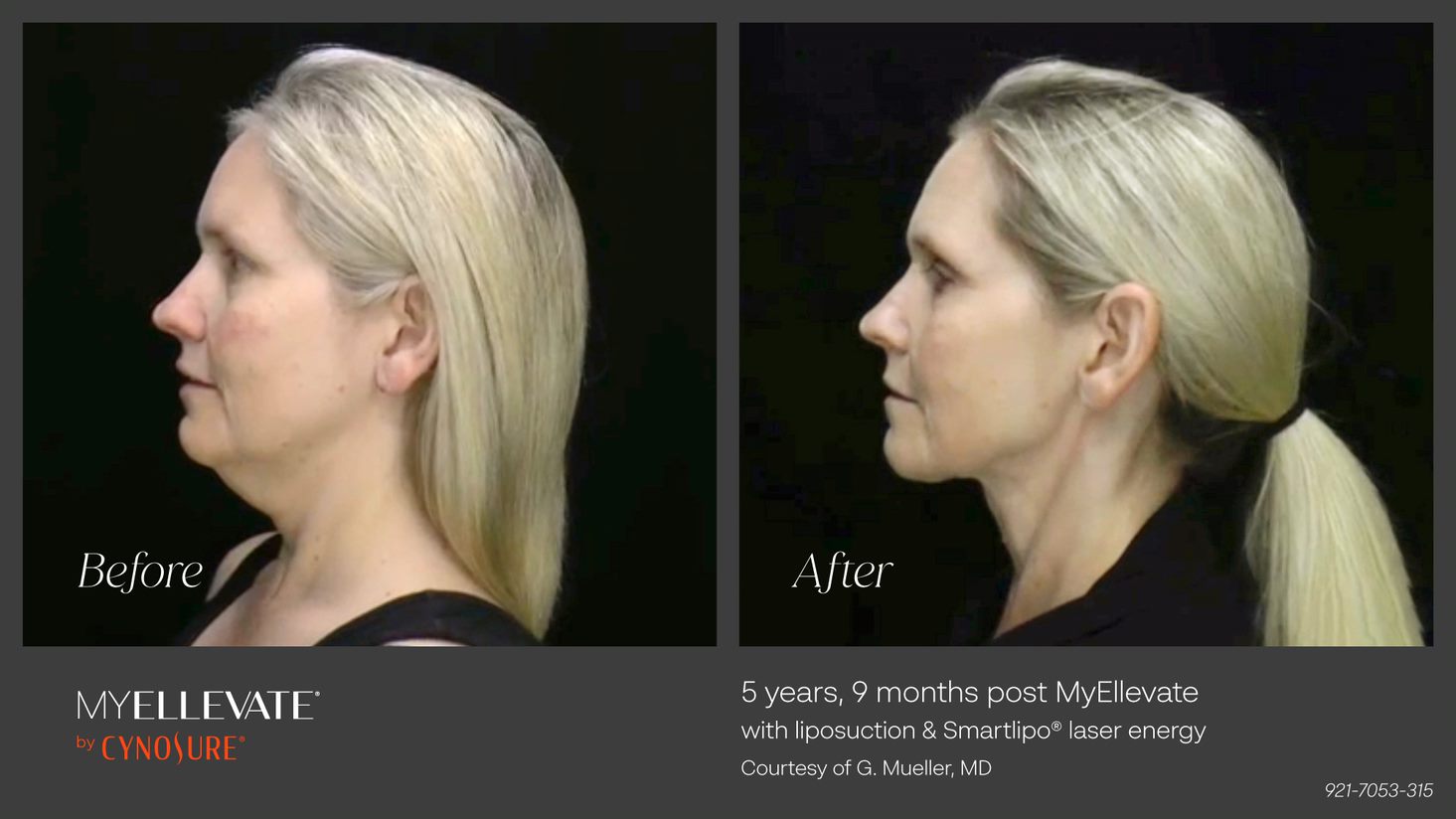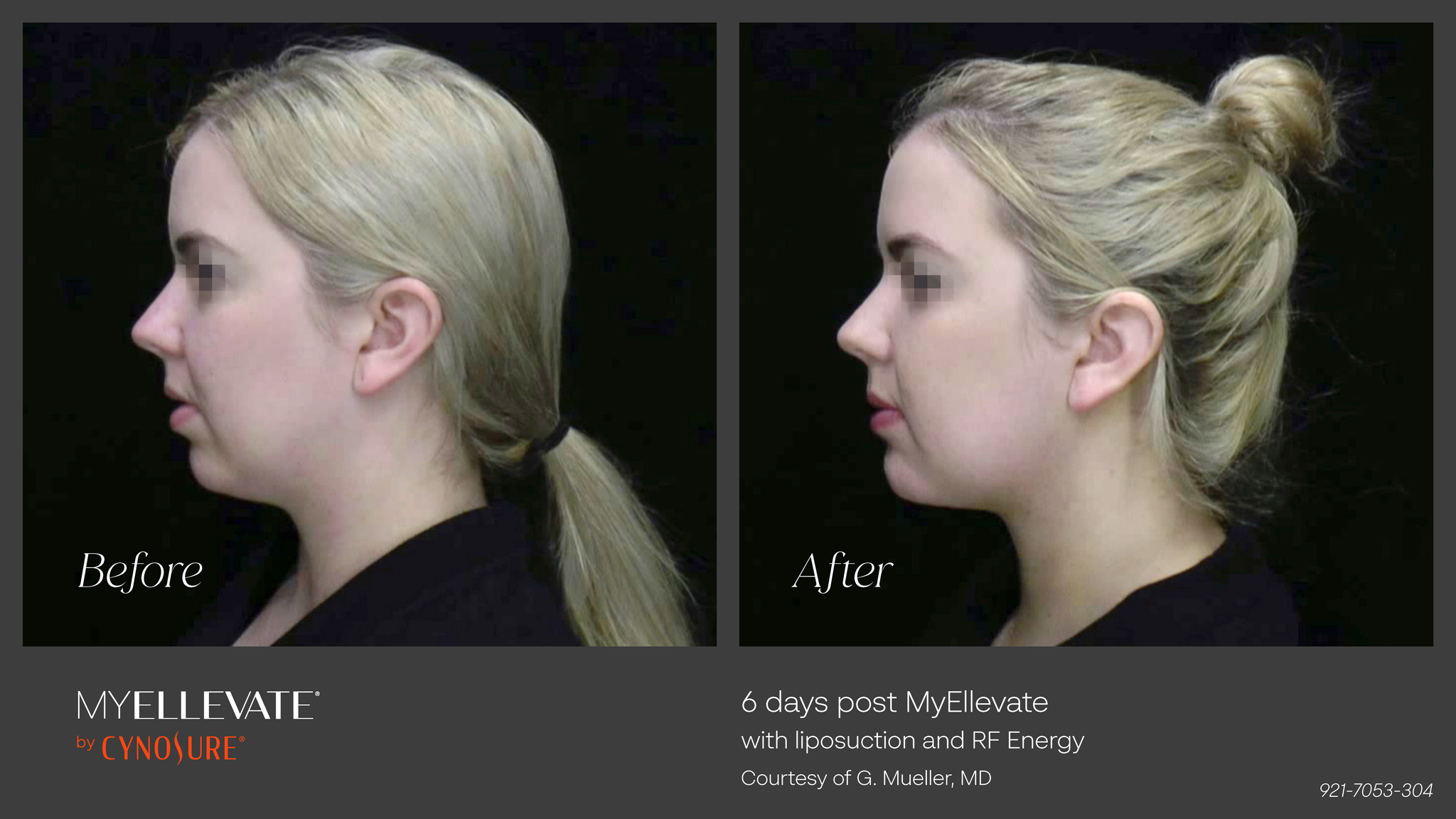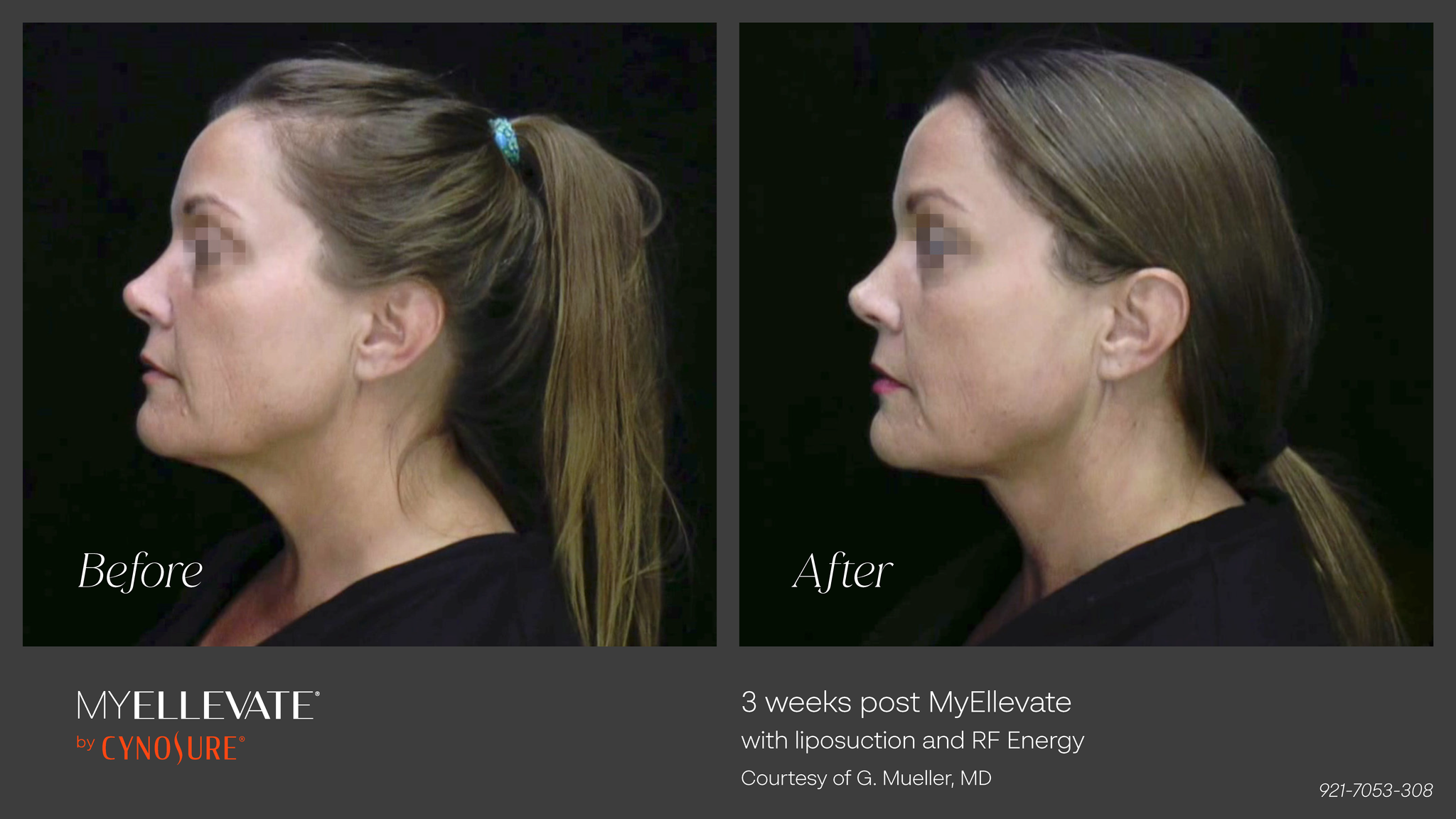Once you contact our clinic, we make an appointment for you to be seen in our clinic preferably face to face. This is a no obligation, free of charge consultation. In certain situations, we can have the first appointment as virtual and a subsequent appointment as face to face. During these appointments, Mr Syed will review/examine and assess the suitability of the procedure, give the necessary information relevant to procedure, including complications, expectations, etc, and clarify any doubts you may have. We will subsequently send out all information.
Book Free consultationSome questions you may want to ask your surgeon include:
- Am I a good candidate for this procedure?
- Can I achieve the results I am asking for?
- Do you have before-and-after photos?
- How long of a recovery period can I expect, and what kind of help will I need during?
- What scars will I be left with?
- Will I be in pain after the surgery?
- How soon can I return to work?
Risks and complications will also be discussed together with what to expect in the post-procedure and recovery phase. Your previous medical history will also be recorded (including previous surgery, medications, allergies etc) and an assessment of your fitness for surgery.
Pre-Procedure
- No Aspirin or medications containing Aspirin.
- No Ibuprofen or NSAIDS medications that contain Ibuprofen.
- Paracetamol is the only pain medication you can take two weeks before surgery.
- Discontinue all herbal medications (fish oil/multivitamins/vit-E/garlic pills/nutritional supplements, etc), unless specifically cleared by Mr. Syed.
- Discontinue all diet pills, including prescriptions, over-the-counter, or herbal, as many will interfere with anesthesia and can cause cardiovascular concerns.
- Smoking - we strictly advise against smoking/vaping or use of any other nicotine containing products 6 weeks prior to and after surgery.
- Avoid all alcohol consumption 2 weeks before and after surgery.
You will need to fast for 6 hours prior to the procedure and only have clear fluids 2 hours prior to procedure.
Store 4 bags of frozen peas in the freezer (so that it’s readily available).
Day of Surgery
Wear loose and comfortable clothing: jogging suits, zip-ups, or button-down clothing is ideal. No clothing that needs to be pulled over the head. Shoes should either be flat or low-heeled and easy to slip on (sandals are best).
On the day of surgery, please go to the confirmed location.
Make sure someone takes you TO and FROM the surgery centre. No patient is permitted to drive him/herself.
The procedure can take from about 40 minutes to 150 minutes (2.5 hours), depending on the extent of what is being done, your tissues and the nature of the anaesthetic being used. You should be able to go home the same day unless there are any unforeseen issues.
Anaesthesia/IV Sedation: Specific instructions by the anaesthetic/sedation team will be provided.
Local Anaesthesia: Take 2 Paracetamols 1hr before procedure.
Other: if you are on any other anticoagulant, please let the team know at the time of consultation and pre-assessment.





